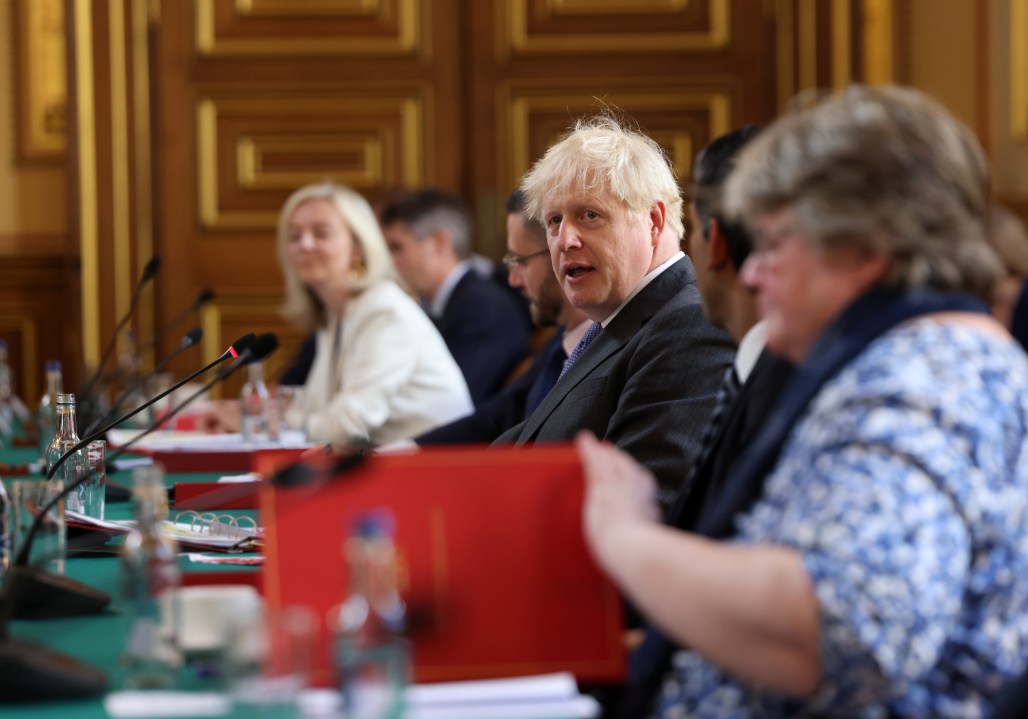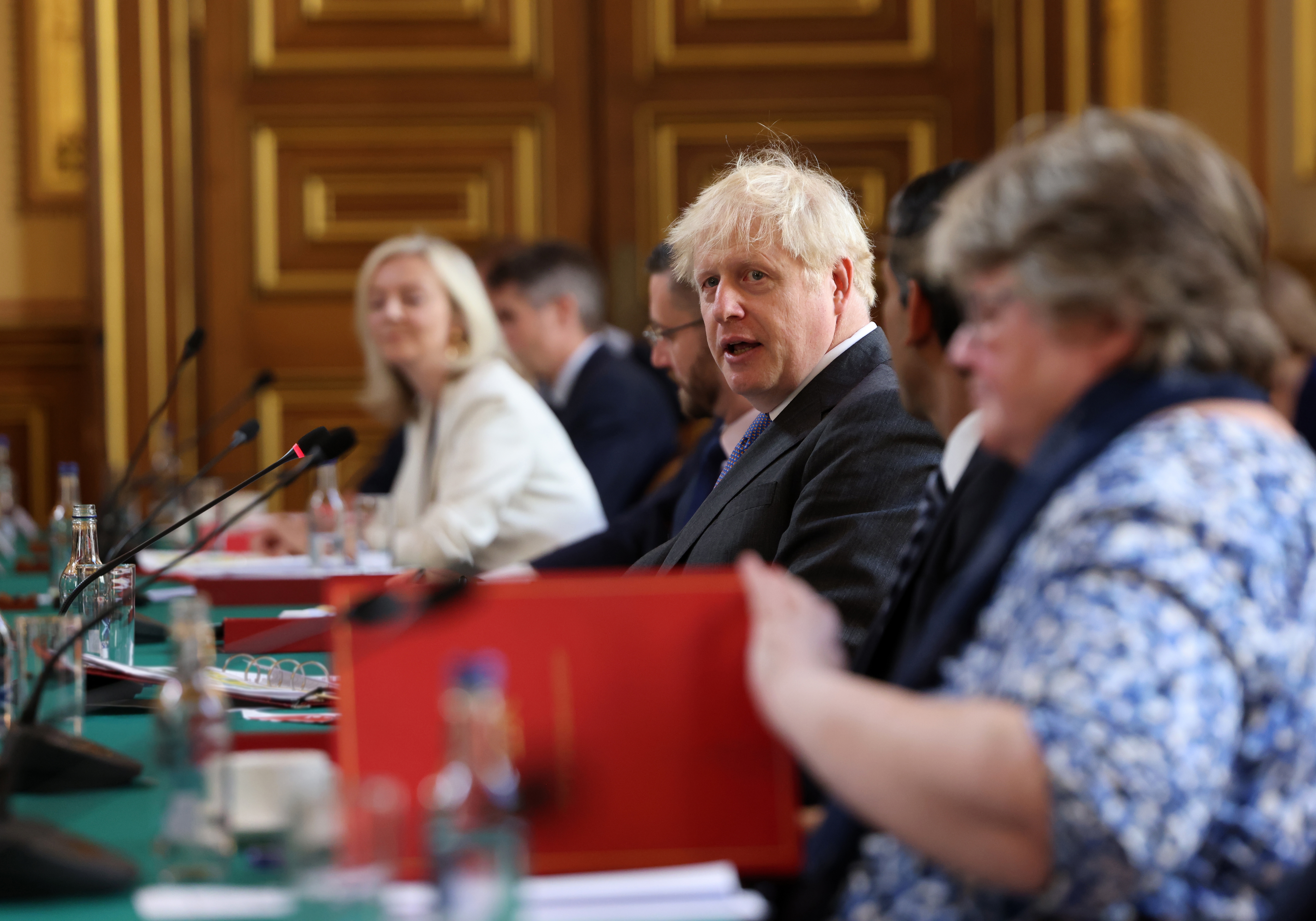As the government tightens coronavirus restrictions across swathes of the north east, Boris Johnson is facing his worst polling on the issue since the crisis began. According to a YouGov poll, approval of government handling of coronavirus is at its lowest: -33, compared to -18 last week. Coffee House understands this broadly tallies with internal government polling. Those privy to the findings of recent focus group polling say that a common complaint is the lack of a long-term plan for Covid.
Ministers expect the polling to get worse before it gets better. The fact the government’s coronavirus testing system is already buckling is a sign of trouble ahead. Speaking to MPs today, head of test and trace Dido Harding said that her team had been taken aback by the recent surge in demand. She said none of the government modelling ‘expected to see the increase in demand that we’ve seen’. However, it’s not as though the return of children to schools was a surprise.
The mood in government is not one of optimism when looking to the weeks ahead
As the testing system comes under severe pressure, almost two million people in north east England are to be put under new restrictions with bans on households mixing and pubs closing earlier. This includes Northumberland, Newcastle, Sunderland, north and south Tyneside and Gateshead. The high number of people across the country now under restrictions means that the concept of a ‘local lockdowns’ is being stretched.
Nationwide restrictions are likely to follow in the coming weeks and months. Speaking to the Sun this week, the Prime Minister suggested a curfew on pub and restaurant times could be coming. He told the paper:
I don’t think we are yet in that position but look around the world at what other countries are doing. What I don’t want to be doing is locking down sections of the economy. I remember when the pubs used to close at 11 anyway in the old days. That sort of thing, we will be looking at it.
The mood in government is not one of optimism when looking to the weeks ahead. While the British public has experienced tough measures before, the first time around the government was on new territory. This time voters could be less forgiving of errors made along the way.








Comments